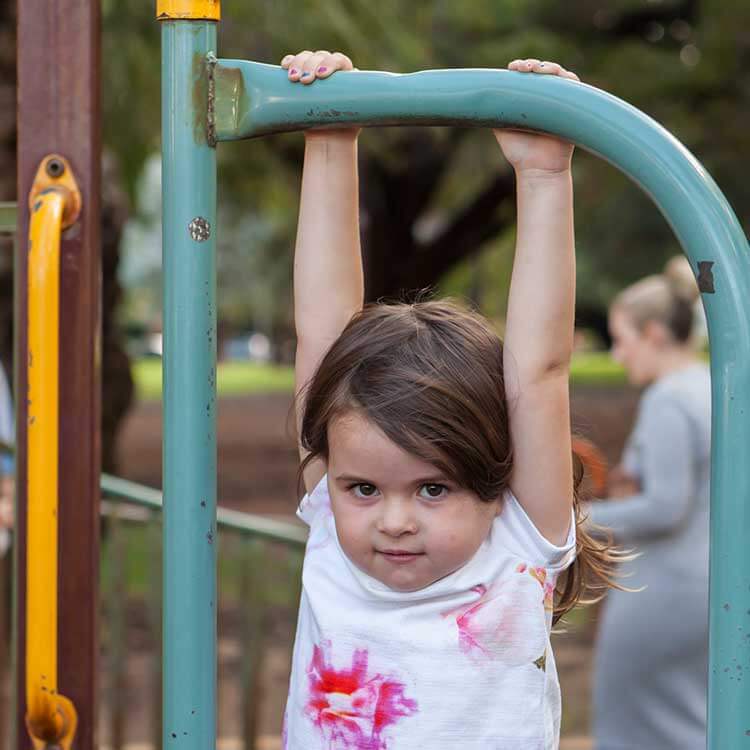Search
Research
Purpose After Service through Sport (PASS): Supporting Military Veterans and their FamiliesVeterans who transition out of the military often face substantive challenges during their move to civilian life, including the management of their health, identifying opportunities for employment, contributing to the financial and emotional functioning of their household, and developing high-quality social connec
Research
The end rheumatic heart disease in Australia study of epidemiology (ERASE) project: Data sources, case ascertainment and cohort profileThe ERASE Project has created an unprecedented linked administrative database on acute rheumatic fever and rheumatic heart disease in Australia
Research
Study Protocol: Missing Voices – Communication Difficulties after Stroke and Traumatic Brain Injury in Aboriginal AustraliansAboriginal and Torres Strait Islander Australians experience stroke and traumatic brain injury (TBI) with much greater frequency than non-Aboriginal Australians
Research
Early treatment with fluvoxamine, bromhexine, cyproheptadine, and niclosamide to prevent clinical deterioration in patients with symptomatic COVID-19: a randomized clinical trialRepurposed drugs with host-directed antiviral and immunomodulatory properties have shown promise in the treatment of COVID-19, but few trials have studied combinations of these agents. The aim of this trial was to assess the effectiveness of affordable, widely available, repurposed drugs used in combination for treatment of COVID-19, which may be particularly relevant to low-resource countries.

The Airway Epithelial Research Team is investigating the role of the epithelium in the development of airway diseases including asthma, cystic fibrosis and lung transplant rejection.
Research
Changes in airway inflammation with pseudomonas eradication in early cystic fibrosisNeutrophil elastase is a significant risk factor for structural lung disease in cystic fibrosis, and Pseudomonas aeruginosa airway infection is linked with neutrophilic inflammation and substantial respiratory morbidity. We aimed to evaluate how neutrophil elastase (NE) activity changes after P. aeruginosa eradication and influences early disease outcomes. We assessed participants in the AREST CF cohort between 2000 and 2018 who had P. aeruginosa cultured from their routine annual bronchoalveolar lavage (BAL) fluid and who underwent eradication treatment and a post eradication BAL. Factors associated with persistent P. aeruginosa infection, persistent neutrophilic inflammation following eradication and worse structural lung disease one year post-eradication were evaluated.
Research
Developing a novel therapeutic pipeline for antibiotic resistant bacterial lung infection in children: investigating and assessing the potential phage therapyAntimicrobial resistance is a global health crisis, which has accelerated due to the overuse of antibiotics.
Research
Development of a screening tool to identify safer biodieselsAlexander Anthony Larcombe Kicic BScEnv (Hons) PhD BSc (Hons) PhD Honorary Research Fellow Rothwell Family Fellow; Head, Airway Epithelial Research
Research
Global participatory wastewater surveillance to understand mpox clade diversity in war and conflict-affected countriesWar and conflict severely disrupt public health systems, compromising infectious disease surveillance in many affected regions. Mpox, a re-emerging zoonotic disease, poses a growing global threat, especially in areas where traditional monitoring is inaccessible.The mpox virus has distinct clades with varying transmission and severity.
Research
Intranasal phage therapy overcomes antibody neutralization challenges in pulmonary Pseudomonas aeruginosa infectionsPhage therapy is a promising approach against multidrug-resistant infections, yet systemic administration can lead to incomplete cures. We investigated the distribution, immune responses, and efficacy of the therapeutic phage KPP10 delivered via intranasal or intraperitoneal routes in murine Pseudomonas aeruginosa lung infection models.
